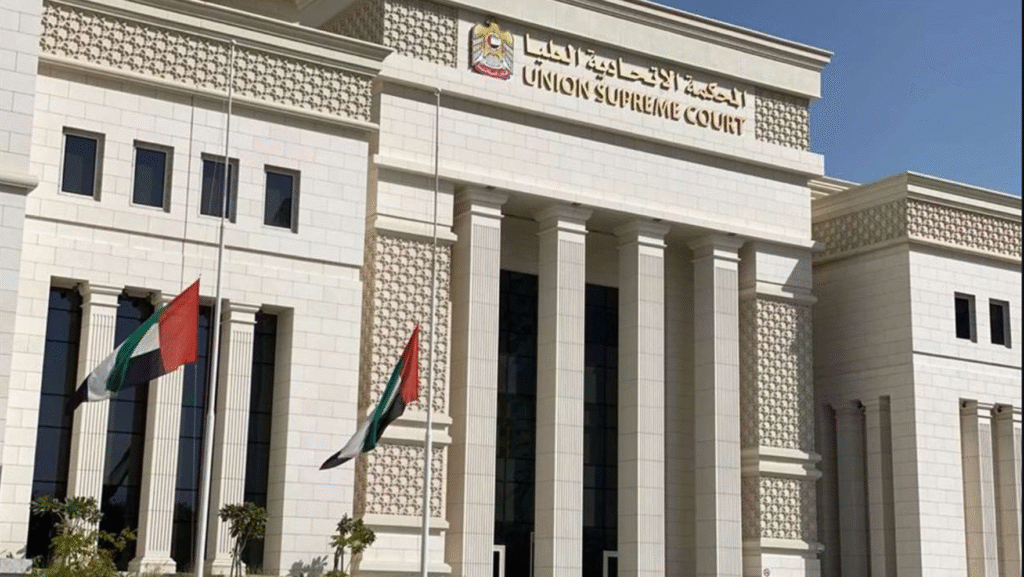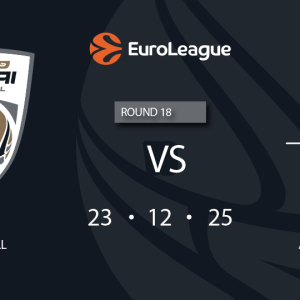A Defining Moment for National Security and Rule of Law
In a bold and decisive move, the UAE Supreme Court has reconvicted 24 individuals involved in the high-profile “Justice and Dignity” case, sentencing them to life imprisonment for financing and collaborating with a designated terrorist organisation. The verdict marks a significant victory in the country’s ongoing battle against extremism and reinforces its commitment to justice, safety, and the protection of its citizens.
This ruling serves as a message—not just to those within the UAE but to the world at large—that terrorism in any form, including financial support, will be met with uncompromising legal action.
A Complex Case Reopened
The 24 individuals were previously acquitted by an appeals court, with the case seemingly closed under a 2012 verdict. However, the Supreme Court meticulously reviewed the legal distinctions between the original case and the charges currently under review. While the earlier judgment addressed the establishment of a terrorist group, the new case focused specifically on acts of terror financing and collaboration.

Recognising these as distinct crimes under federal anti-terror laws, the court ruled that the 24 defendants could be lawfully retried. The judicial system effectively acknowledged that justice cannot be static, especially when national security is at stake. Laws evolve, evidence develops, and when new truths surface, accountability must follow.
Life Sentences Handed Down
After a thorough trial, all 24 individuals were sentenced to life imprisonment. These were not symbolic sentences—each was delivered with detailed reasoning, and the court spared no effort in outlining how the individuals knowingly supported a terrorist network. In addition to the prison terms, the court ordered the confiscation of all assets and financial instruments linked to the crimes.

For the nation, these sentences go beyond legal consequence—they symbolise a resounding rejection of extremism and underscore the UAE’s position as a regional leader in counterterrorism efforts.
A Landmark Within a Larger Battle
This development comes as part of a wider judicial campaign against terrorism under the “Justice and Dignity” case umbrella. Originally, 84 individuals and several corporate entities were brought to trial. With this latest verdict, a staggering 83 of those accused have now been convicted.
The case also serves as a landmark in regional legal history. It’s one of the most expansive counterterrorism trials ever conducted in the UAE, incorporating both individuals and entities, and covering crimes that span more than a decade. From radicalisation to the laundering of funds for illicit use, the case offers a chilling insight into how terror can be cloaked behind the facade of community and charity.
Behind the Verdict: Humanizing Justice
In the courtroom, it wasn’t only statutes and laws being recited—it was about real lives, real damage, and the imperative to prevent future suffering. Prosecutors brought forth detailed accounts of how funds, originally donated under the guise of charity, were funneled into the pockets of terrorist operations. They revealed internal communications that showed intent to destabilise society, threaten public institutions, and erode trust in lawful governance.
But perhaps what stood out the most were the victims’ stories. Families who had been quietly affected by the terror group’s operations were finally given a voice. Some had lost loved ones, others lived under the psychological weight of fear and intimidation. For them, this was not just a courtroom win—it was a personal vindication.
Why the Previous Acquittal Didn’t Stand
The earlier acquittal was based on an interpretation that prior legal judgments had addressed all allegations. But upon appeal, the nation’s highest court dissected the logic and found gaps. The previous ruling did not consider financial crimes and support systems as standalone offences, which they are under the UAE’s robust anti-terror framework.
This critical detail allowed the court to rule that the defendants’ actions—namely, providing logistical and financial support to a known terror group—merited independent review. The result was a retrial that upheld due process while allowing justice to be served in full.
National and Global Reactions

Inside the UAE, the verdict has been met with widespread approval. Officials, legal experts, and civic groups have applauded the judiciary for its firm stance and for handling such a sensitive issue with transparency and integrity. There’s a strong sense of reassurance now rippling through the public: the message is clear—any threat to peace, no matter how deeply embedded or cleverly disguised, will be rooted out and neutralised.
Globally, the verdict is seen as another proof point of the UAE’s serious approach to fighting international terrorism. Its alignment with global anti-terror financing protocols strengthens its diplomatic relationships and reinforces its credibility as a safe and stable nation.
The Role of Modern Legislation
One of the critical turning points in this case was the use of updated legal frameworks. Federal anti-terror laws introduced in recent years allowed prosecutors to approach the case with greater nuance. The court, in turn, relied on these frameworks to dissect each layer of involvement—whether direct or indirect.
By clearly separating the act of founding a terror group from the act of financing or collaborating with one, the judiciary was able to create a solid legal foundation for fresh convictions. This paves the way for future cases to be handled with similar precision and fairness.
The Human Cost of Extremism
While headlines often focus on the legal drama, the deeper human story often goes unnoticed. Extremism doesn’t just affect policies or public budgets—it wrecks lives. It manipulates minds, shatters families, and festers distrust in communities.
Some of the individuals caught up in this case were once considered community leaders, trusted with educating youth and managing funds for social good. The betrayal of that trust left a lingering wound in the hearts of many. The verdict doesn’t erase that pain, but it brings a measure of closure.
The Power of Legal Accountability
This case reinforces a powerful truth: justice is not about revenge. It is about accountability. It is about recognising wrongs, documenting them, and ensuring that those responsible cannot repeat them. Through careful, reasoned deliberation, the court turned complex legal questions into crystal-clear rulings. And in doing so, it demonstrated that even the most intricate crimes can be unraveled with patience, expertise, and courage.
What Comes Next?
With the sentencing phase complete, authorities are now preparing to seize all financial assets tied to the convicted individuals. This process will ensure that none of the resources tied to terror activities can be repurposed or hidden. It’s a full-spectrum response—judicial, financial, and operational.
Some of the defendants may attempt further appeals or sentence reductions, though legal analysts suggest those attempts are unlikely to succeed. The precedent is strong, the evidence overwhelming, and the public sentiment firmly aligned with the outcome.
Meanwhile, policy makers are using the momentum from this verdict to review and further fortify regulations on financial transparency, charity operations, and cross-border donations. The aim is to shut down any remaining loopholes that terror networks might exploit.
A Safer Future, A Stronger Nation

Ultimately, this isn’t just a win for the courts or the prosecution. It’s a win for the people. Every resident, every business owner, every parent sending their child to school—each one benefits from the strengthened safety net this verdict reinforces.
The UAE has long held a zero-tolerance stance on terrorism, and this ruling proves that it’s not just talk—it’s action. Through detailed investigation, fair trials, and bold sentencing, the country has once again demonstrated its resolve to protect its sovereignty, its people, and its future.
Closing Thoughts
The reconviction of the 24 defendants in the “Justice and Dignity” case will go down in history as a defining moment for justice in the UAE. It underscores that even years after an initial verdict, the truth can still be pursued and wrongs can be made right.
It’s also a reminder that vigilance is a constant duty in any society. As threats evolve, so too must our responses—legally, socially, and morally. In holding these individuals accountable, the UAE hasn’t just punished the guilty—it has protected the innocent, restored public confidence, and taken one more step toward a safer world for all.
Do follow UAE Stories on Instagram
Read More: Is it Legal to Use a VPN in Dubai? Unpacking the Rules














